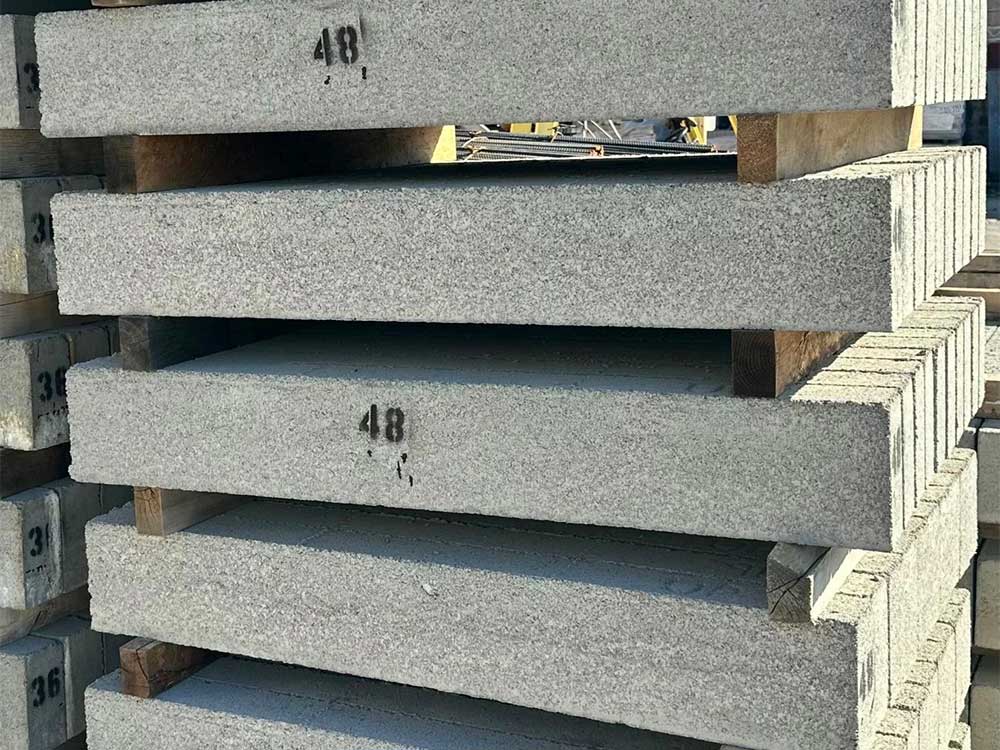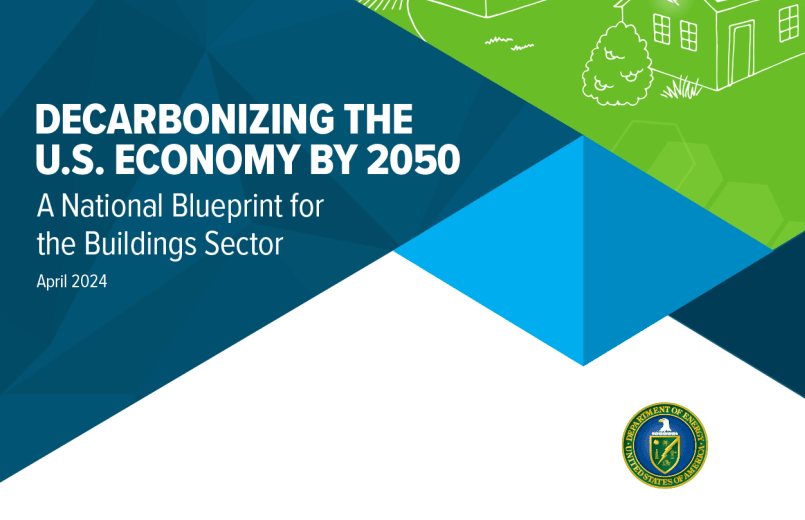How To Fix A Cracked Concrete Driveway
A cracked concrete driveway can be a nuisance and a safety hazard. Whether the cracks are small and hairline or large and deep, fixing them as soon as possible is best to prevent further damage. Using the proper tools and methods, you can fix a concrete driveway with cracks. This is a feasible task that you can accomplish with the right tools and accessories. Here are the steps to fix a cracked concrete driveway. They will help you restore its appearance and functionality.
Assess the Damage
Before you begin the repair process:
- Begin by assessing the extent of the damage
- Measure the cracks’ width, length, and depth and note their shape and direction
- If you notice any underlying issues like soil erosion or water drainage problems, address them first
Understanding the condition of your driveway will help you choose the most appropriate repair method.
Clean the Cracks
Remove dirt, debris, or loose concrete from the cracks to ensure the repair materials stick well. Scrub the cracks with a hard brush, a wire brush, or a pressure washer to get rid of any dust, dirt, or concrete bits that are not attached. For oil or grease stains, use a degreaser to eliminate them. Wait until the cracks are fully dry before proceeding with the following step.
Fill the Cracks
For small cracks, use a concrete crack sealant or filler. Apply the filler using a caulking gun, ensuring it fills the gap. Use a putty knife to smooth the surface and allow it to dry. For larger cracks, you may need to use a concrete patching compound. Mix the compound according to the directions and fill the gap using a trowel to level it. Remember to feather the edges to blend them with the surrounding concrete.
Seal the Driveway
Consider applying a concrete sealer to protect your repaired concrete driveway and prevent future cracks and stains. Choose a sealer appropriate for your climate and follow the instructions for application. The usual steps are to wash the driveway, let it dry, and then spread the sealer with a roller or sprayer. The sealer will help resist water penetration and UV damage and minimize the risk of future issues.
Preventative Measures
Follow precautions to make your repaired driveway last longer and avoid more cracking. Avoid parking heavy vehicles or machinery in the same spot for prolonged periods. Use a snow blower or plastic shovel instead of a metal shovel with sharp edges to clear snow. Maintain your driveway by washing and sealing it regularly, especially in areas with harsh weather. Also, installing the PaveDrain Permeable Pavement System is an excellent way to address your driveway’s severe water drainage problem.
Professional Help
Are the cracks in your concrete driveway extensive? Do you need help with your DIY skills? It is best to seek professional assistance. A concrete contractor will have the expertise and equipment to assess and repair your driveway properly. They can also provide advice on maintenance and preventive measures to keep your driveway in optimal condition.
Repairing a cracked concrete driveway is a task you can successfully tackle with the proper knowledge and tools. By assessing the damage, cleaning the cracks, filling them with the appropriate materials, and applying a sealer, you can restore the appearance and functionality of your driveway. Remember to take measures to avoid future cracking and seek professional help if needed. With proper care, your repaired concrete driveway will serve you well for years.

SalesmanTyrell Hopkins
Latest News
4 Features That Makes Masonry Supply Company Stand Out
A masonry supply company plays a crucial role in the success of construction projects, providing essential materials and expertise to […]

Choosing The Right Size Lintel For Your Project
Determining the correct size of a lintel is critical for the stability and longevity of your construction project. A lintel […]

Data Misses on Embodied Carbon
There is significant urgency to avoid, reduce, or even reverse the emissions of greenhouse gases (CO2e) to avoid the worst […]

4 Masonry Tools You Should Have At Home
Effective and efficient masonry work, whether for repairs or new projects, requires the right tools. At home, having a basic […]
